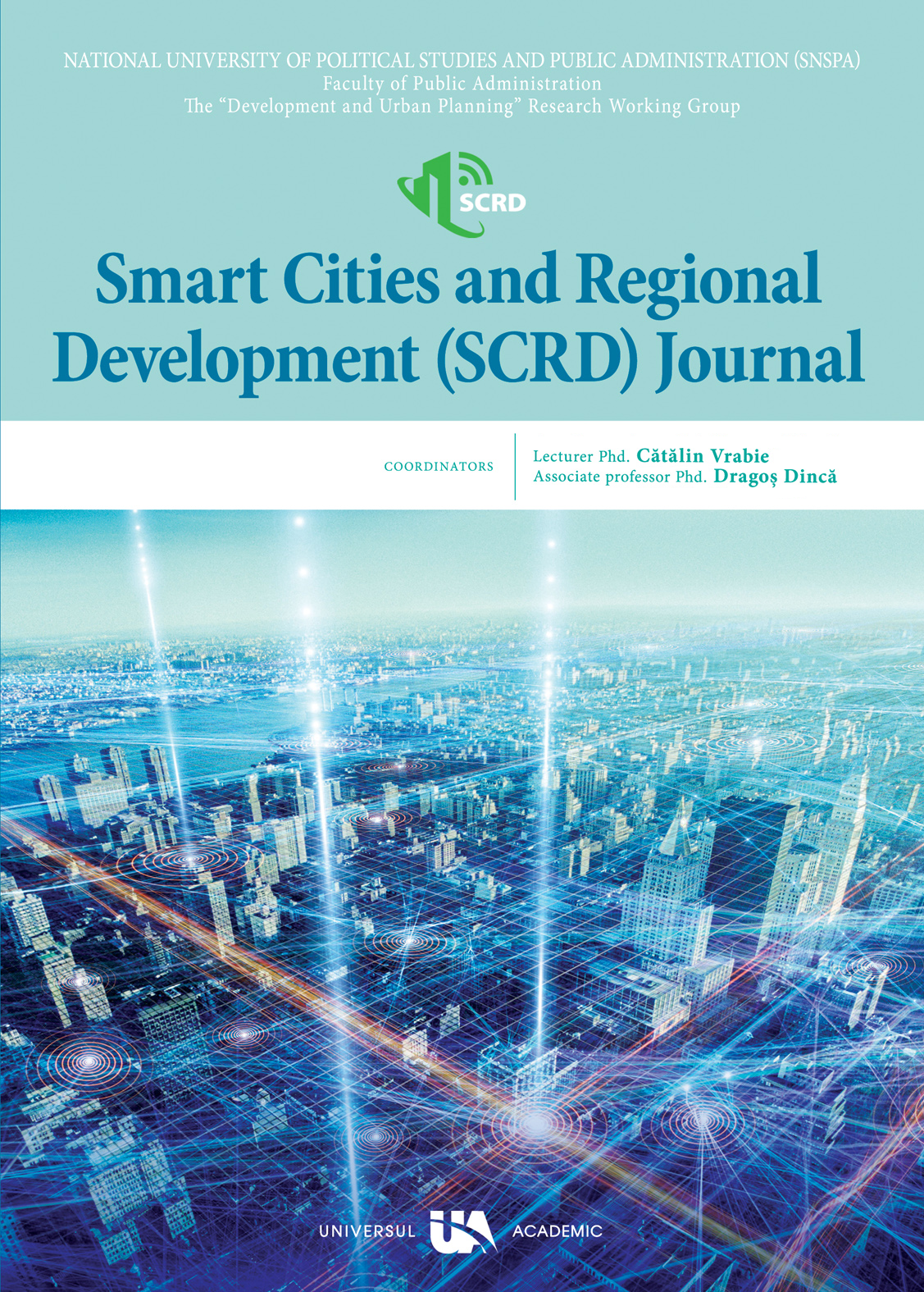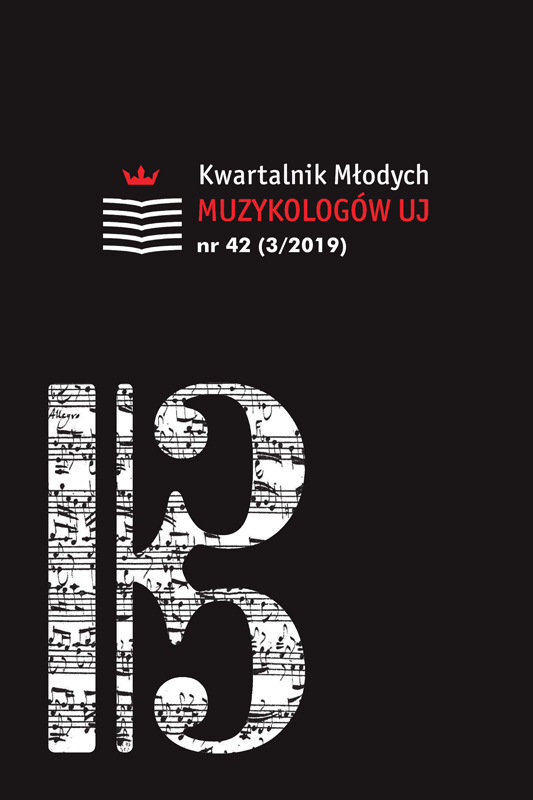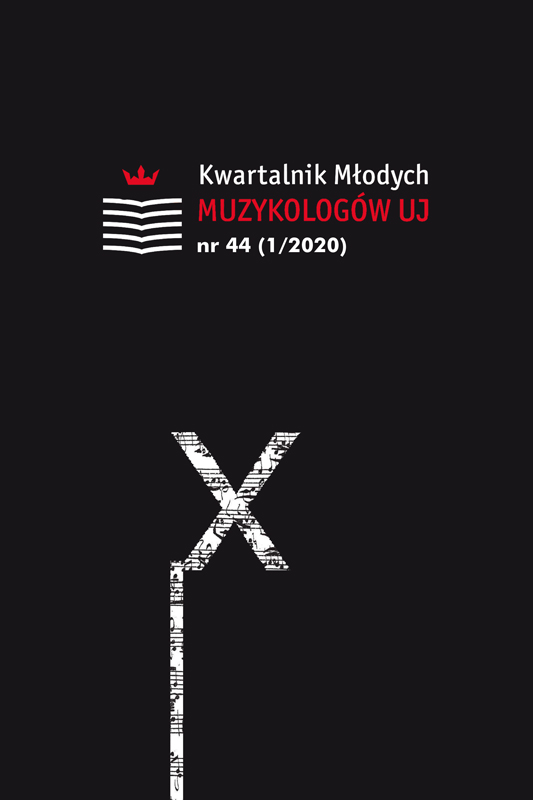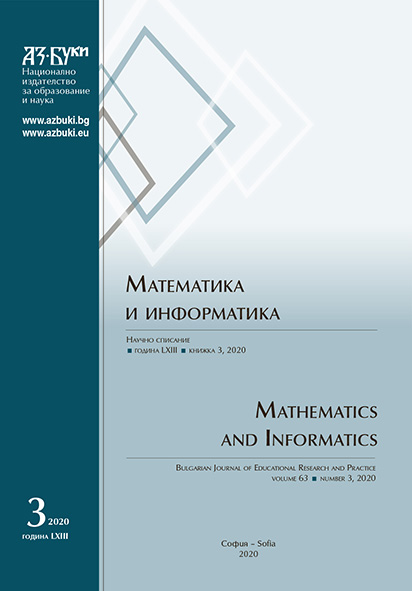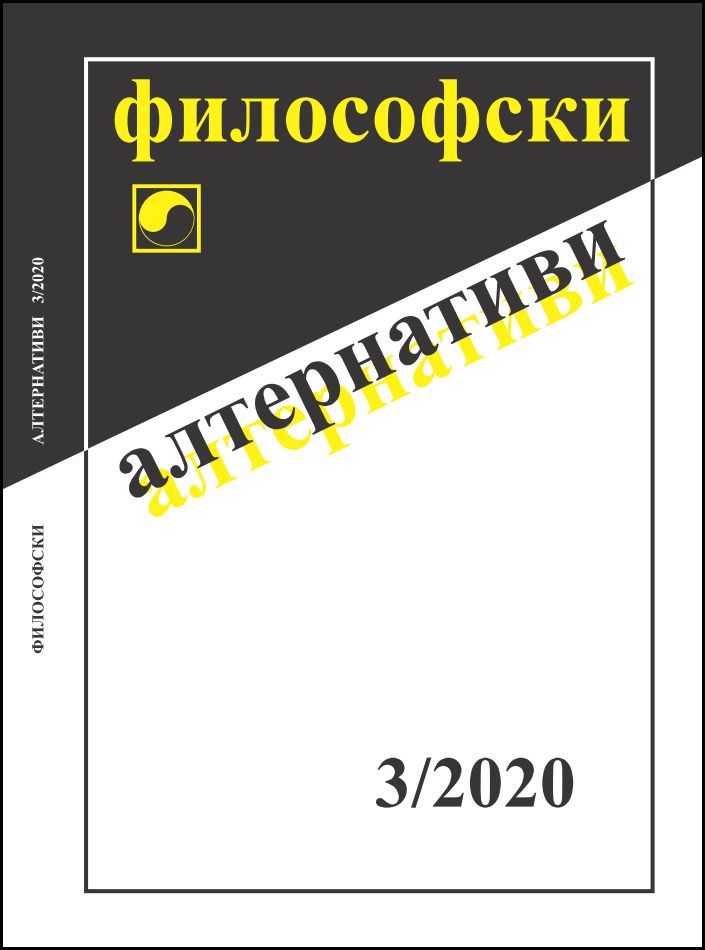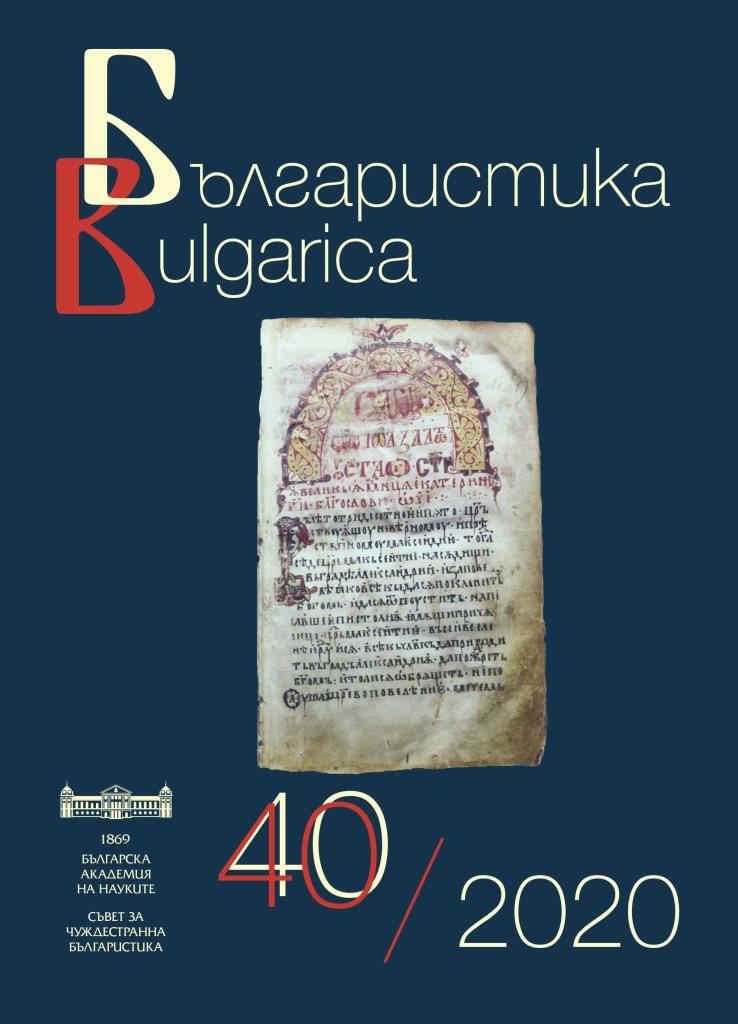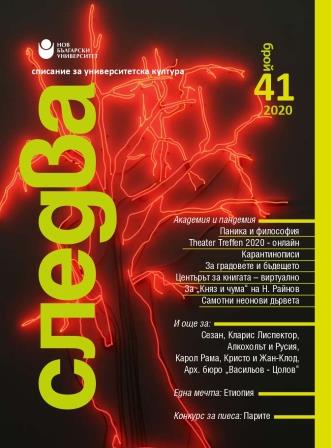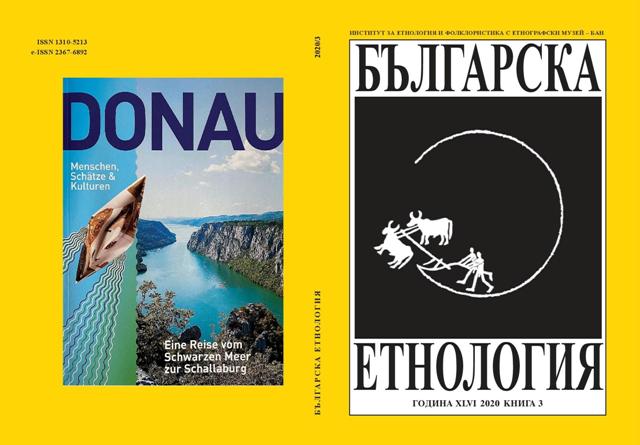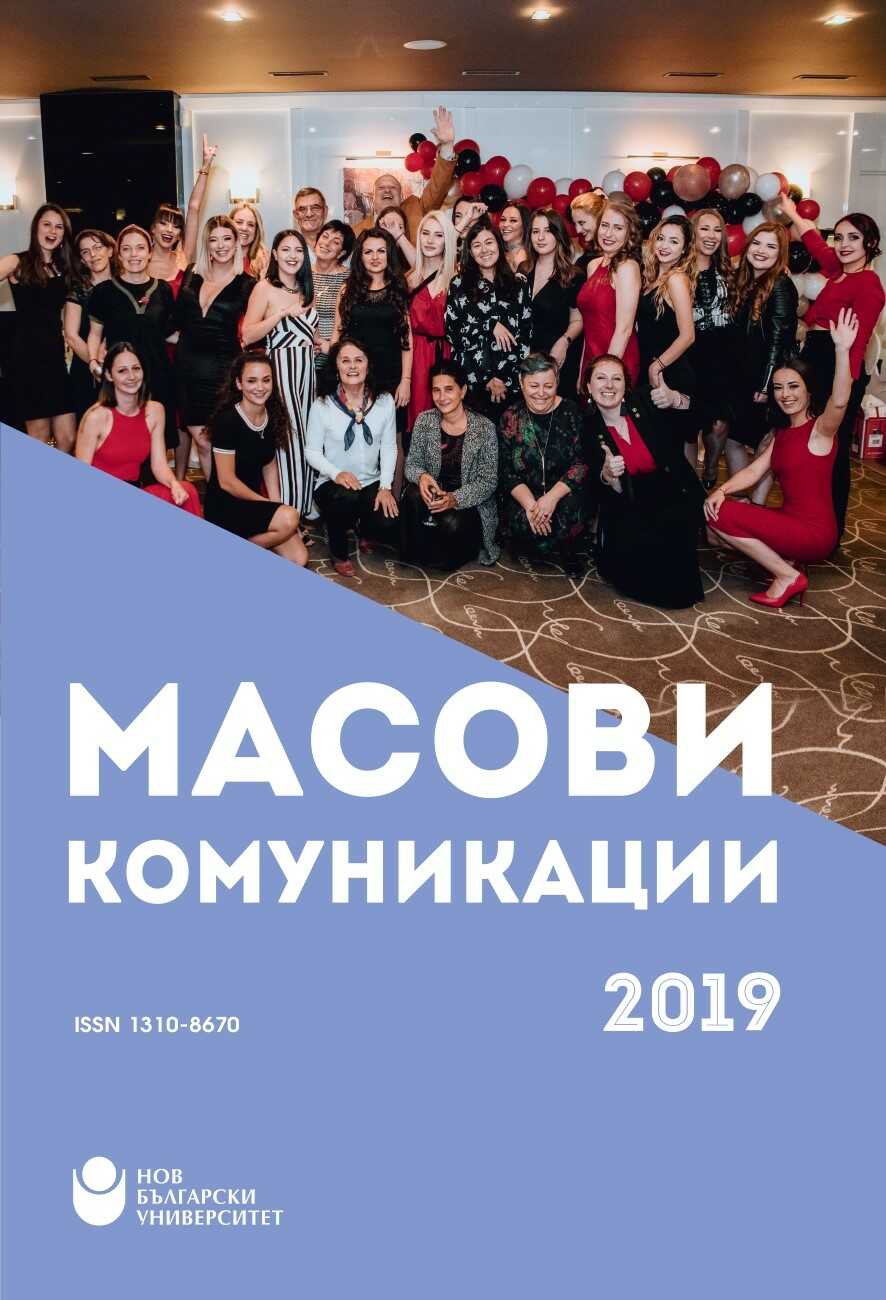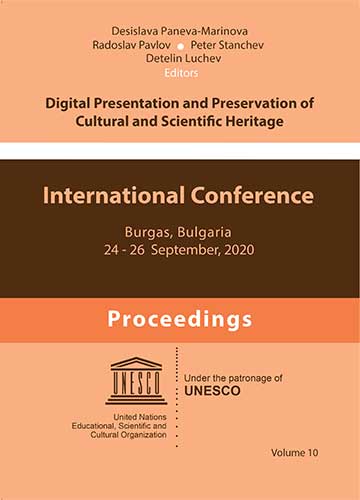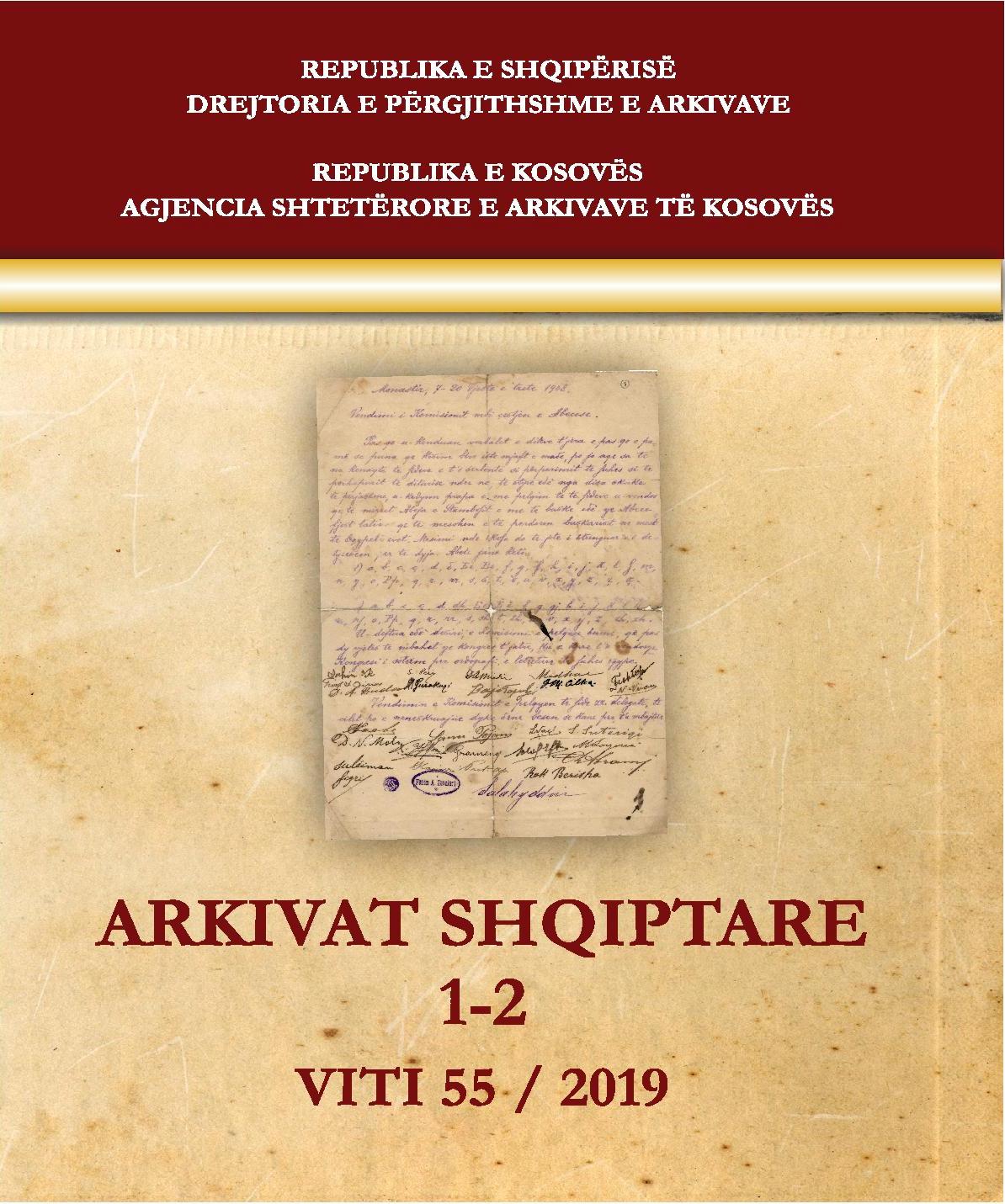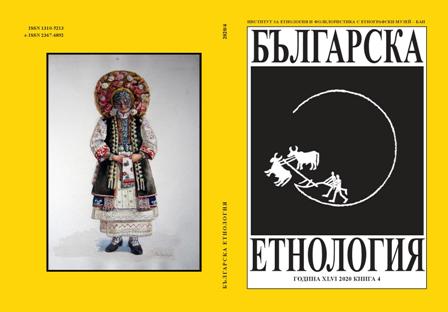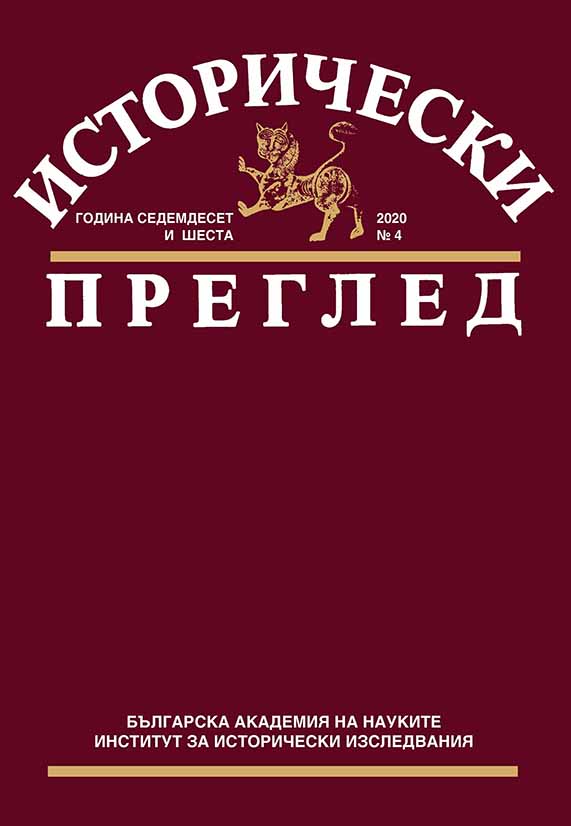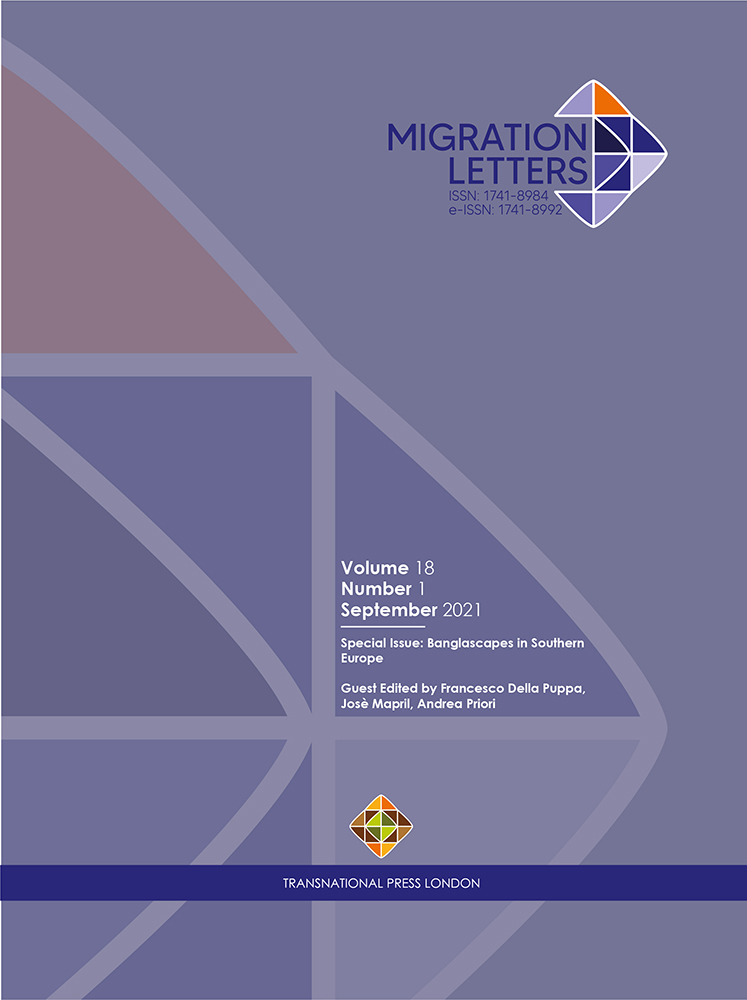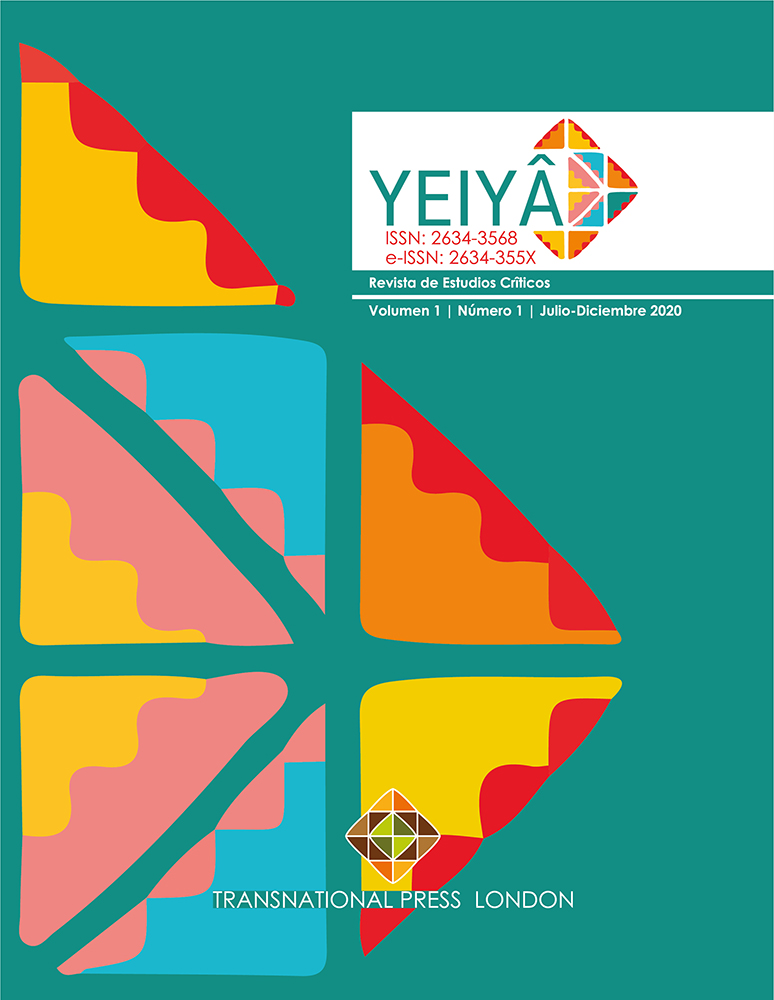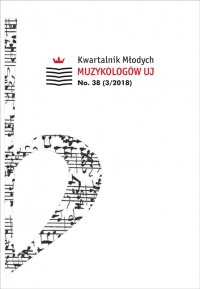
Account books of the Musical Chapel of Lviv Uniate Bishop Leon Szeptycki (1760–1779)
This article explores the newly discovered account books of the Lviv Uniate Musical Chapel of the Bishop Leon Szeptycki. The main stay of this musical chapel was the architectural complex of the Cathedral of St George in Lviv. Today, two account books are stored in the department of old books and manuscripts of the Andrey Sheptytsky National Museum in Lviv in the archives of the Lviv bishops; they cover the years 1760–1779. In the first two parts of the article, the author investigates the issues of the founding of the musical chapel and its place of activity. In the third part, there is a list of musicians who were members of this chapel over the years. In addition to the names and surnames, their positions, years of employment, musical instruments which they played and details of their biography are indicated. In the next part, there is a list of pupils of the chapel. It appears that the total number of pupils ranged from 2 to 14. Adult musicians and pupils played various instruments: harpsichord (“klawicymbaly”), clavichord (“klawikort”), organ, violin, alto, viola da gamba (“kwartviola”), cello (“basetla”), oboe, bassoon, trumpet and horn; there were singers as well. In the fifth part, the author specifies in what way the Lviv Uniate musical chapel was financed. In the next part, both the church and the secular musical repertoire of the musical chapel are described. In this section, also information from the Warsaw periodicals are used. In the seventh part, the collaboration of the Uniate music chapel with other chapels and monastic orders, Jesuits, Dominicans and Conventual Franciscans is explored. In the last part, the author examines the information about the human settlements that are found on the pages of the account books.
More...
